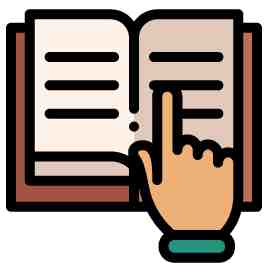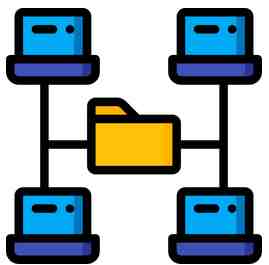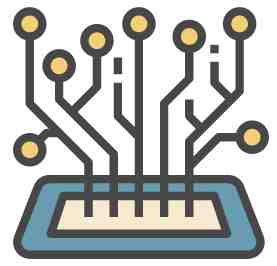Past = yesterday was Sunday
Present = Today is Monday
Future = Tomorrow
I will go to church on Sunday
Tom will not go to stadium next Saturday.
The contracted form is: will =‘ll; will not = won't
Example:
My mother will go to
My mother’ll go to
The teacher will cook rice and groundnut soup tomorrow.
The teacher’ll rice.
I will go to the hospital tomorrow.
I'll go to the hospital.
My grand mother will not go to the market on Thursday.
My grand mother won't go to the market.
I will buy a house next year.
I'll buy a house.
Formation
Will + verb (SF)
sentence: S + will + V(SF) + C
Peter will go to the theatre on Saturday.
Interrogative form
Peter will go to the theatre on Saturday.
Will Peter go to the theatre...?
Tom will not go the stadium on Wednesday.
Will Tom not go the stadium on Wednesday?
Won’t Tom go to the stadium on Wednesday?
Will you buy a new English book next week?
Negative
My mother will not go to
The teacher will not cook rice
I will go to the hospital
I won't go to the market
I will not buy a house
my grand mother won't go to the market.
The future tense
To find the future, we put
Will + verb
the order of words in a sentence in future is S + Will + Verb + C.
I will go to school. in the interrogative will take the 1st place. Will + S + Verb (S.F) + C
Peter will go to
Will Peter go to
Will I go to school?
Will you go to the market tomorrow?
Questions with question words. There are a few question words = what, why, who, when, where, which, whose, how old, how far.
When will Peter go to
Where will Peter go?
What will Peter do in
When will you go to your new house?
Question word + will. S + Verb + (C)
Will means: promise to, to be willing to
Won't means: to refuse
The contracted forms
The contracted forms of will is ’ll.
I'll go to church on Saturday.
The contracted form of will not is won't
The words order in question: Will + S + Verb(SF)
Won't + S + V(SF)
will Peter got o
Yes, he will
Won't you go to the market tomorrow?
No, I won't.




